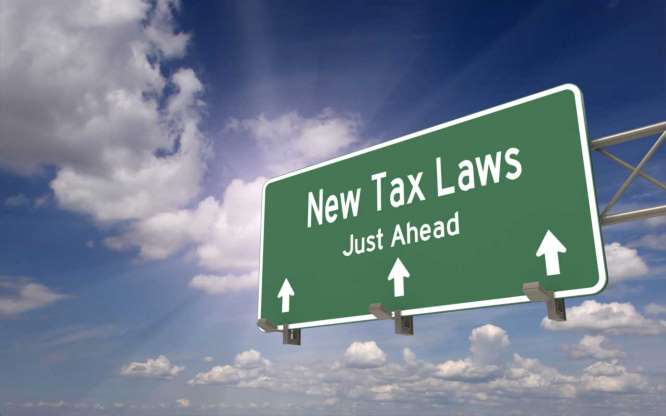
Watch for New Laws Applied Retroactively
If there are any retroactive tax laws enacted that include new or expanded tax breaks, you’ll want to check your previous tax returns to see if you can take advantage of the new law. So far this year, no legislation of this kind has gotten out of Congress. However, if anything does materialize that benefits you, submit your Form 1040X as soon as possible to get a refund for some of the taxes you already paid.
One proposal stuck in Congress right now that could trigger a lot of amended returns is the 2019 “tax extenders” bill. The term “tax extenders” refers to a collection of tax breaks that keep expiring but are then retroactively extended by Congress for another year or two.
This cycle has repeated itself over and over again—except for this year. As of press time, the tax breaks that expired at the end of 2017 have not yet been extended for the 2018 tax year or beyond. Most of the tax extenders are for businesses, but there are a few tax breaks for individual taxpayers, such as the mortgage insurance premiums deduction, income exclusion for forgiven mortgage debt, college tuition and fees deduction, and credit for energy-efficient windows and doors.
There’s still a chance that a tax extenders bill will be enacted later this year. If that happens, make sure you file an amended 2018 return if you qualify for any of the extended tax breaks.

